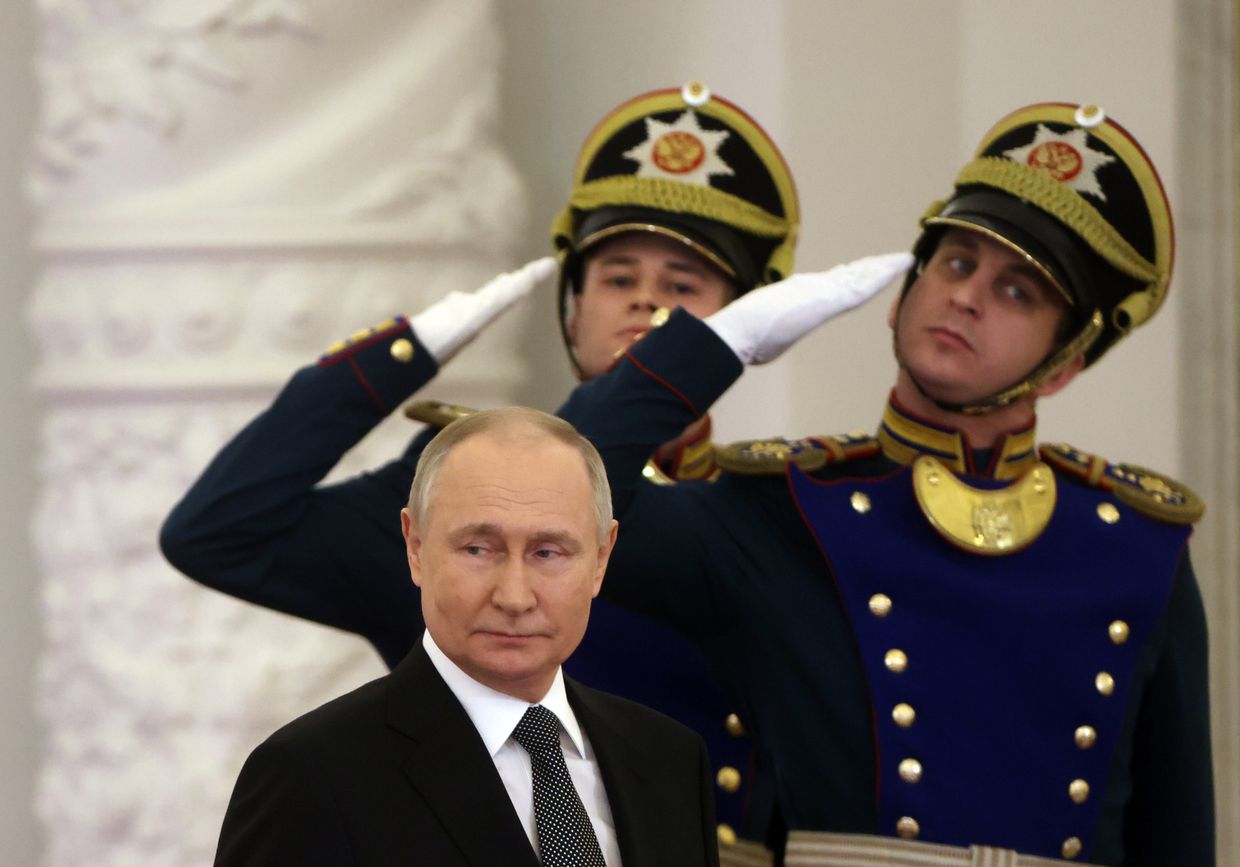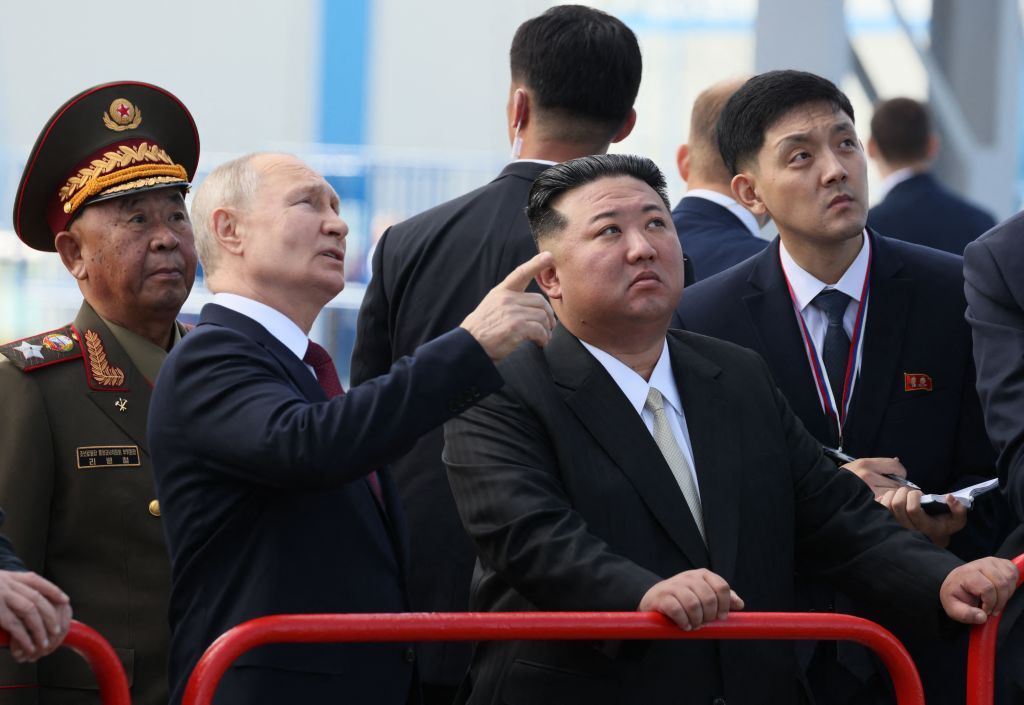Key developments on Jan. 4:
- Russia fires North Korean-supplied missiles into Ukraine
- WSJ: Russia plans to buy ballistic missiles from Iran
- Military: Ukrainian strike hits Russian command post in Crimea
- Commander: Russia doubles attacks in southeastern sector
- National Resistance Center: Russian occupation authorities to force Ukrainian teenagers into military registration
Russia has already used ballistic missiles supplied by North Korea to attack Ukraine, U.S. National Security Council spokesperson John Kirby said at a press conference on Jan. 4.
As Russia has become more isolated since the beginning of the full-scale invasion and has increasingly depleted its preexisting supplies of military equipment, it has turned to countries like North Korea and Iran to replenish its stocks.
Unnamed U.S. officials previously told the Wall Street Journal and the Washington Post that North Korea has provided Russia with launchers and several dozen ballistic missiles. Kirby’s statement is the first official report of Russia deploying these missiles.
Russian forces launched at least one of the North Korean-supplied missiles into Ukraine on Dec. 30, according to Kirby, and this missile appears to have landed in an open field in Zaporizhzhia Oblast.
Russia also used multiple North Korean missiles to strike Ukraine on Jan. 2, Kirby said, including as part of its overnight mass attack that killed five people and injured 130 more.
The White House official added the U.S. is still assessing the impact of the additional missiles.
Contrary to some speculation that Russia was running out of missiles, Russian forces launched some of their largest missile attacks against Ukraine at the end of December and early January.
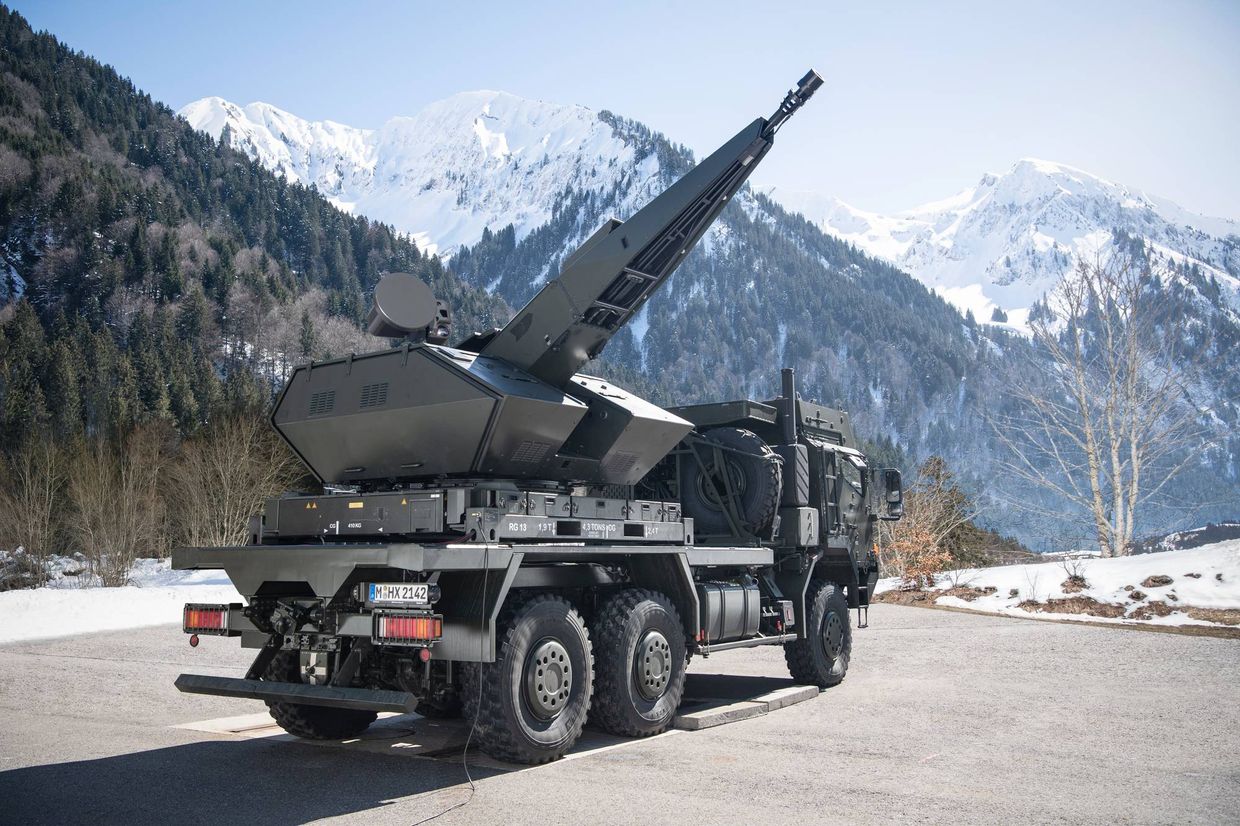
The Pyongyang-provided missiles can reach targets 900 kilometers away, which is “a significant and concerning escalation in the North Korean support for Russia,” according to Kirby.
“We expect Russia and North Korea to learn from these launches, and we anticipate Russia will use additional North Korean missiles to target Ukraine’s civilian infrastructure and to kill innocent Ukrainian civilians.”
The U.S. assesses that in return for supplying the ballistic missiles, North Korea seeks from Russia fighter aircraft, surface-to-air missiles, armored vehicles, ballistic missile production equipment, and other advanced military technologies.
Washington confirmed increased weapons and ammunition transfers from North Korea to Russia following a meeting between Russian leader Vladimir Putin and North Korean leader Kim Jong Un in September.
South Korean intelligence reports claim that North Korea has delivered more than a million shells to Russia.
WSJ: Russia plans to buy ballistic missiles from Iran
Russia is planning to buy short-range ballistic missiles from Iran and has already begun receiving similar munitions from North Korea, the Wall Street Journal reported on Jan. 4, citing comments from unnamed U.S. officials.
As Russia has become more isolated since the beginning of the full-scale invasion and has increasingly depleted its preexisting supplies of military equipment, it has turned to other international pariahs like North Korea and Iran to replenish its stocks.
U.S. officials said that they believed the deal had not been completed yet but added that it was possible Russia could receive the missiles in the spring of 2024. They also said that North Korea had already provided Russia with launchers and several dozen ballistic missiles.
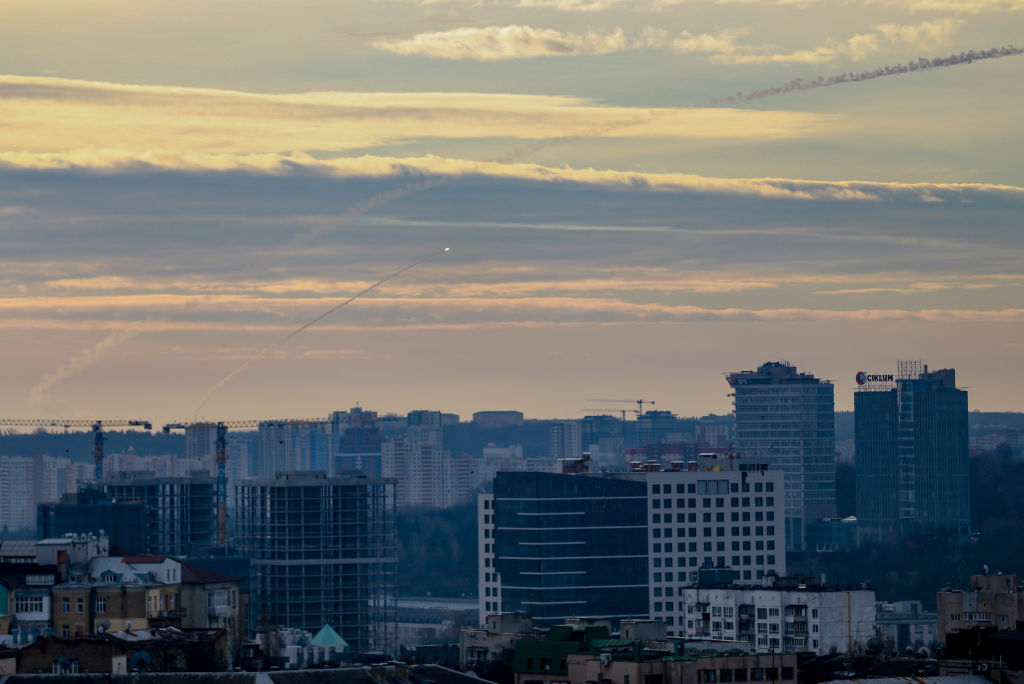
Russia's military ties with Iran and North Korea have been widely documented since the beginning of the full-scale invasion.
Iran has been instrumental in providing Russia with Shahed-type attack drones and has also made deals to purchase advanced Russian aircraft and helicopters.
The U.S. confirmed increased weapons and ammunition transfers from North Korea to Russia following a meeting between Russian leader Vladimir Putin and North Korean leader Kim Jong Un in September.
Beyond their benefit to Russia's war machine, Russia's increasing ties with Iran and North Korea have prompted fears in the West that the partnership is a two-way street in which Russia will provide military technology in exchange for munitions and other hardware.
One particular concern is that Russia may help bolster Iran and North Korea's respective nuclear programs, as both countries have sought to increase their nuclear capabilities for decades but have been hampered by international sanctions.
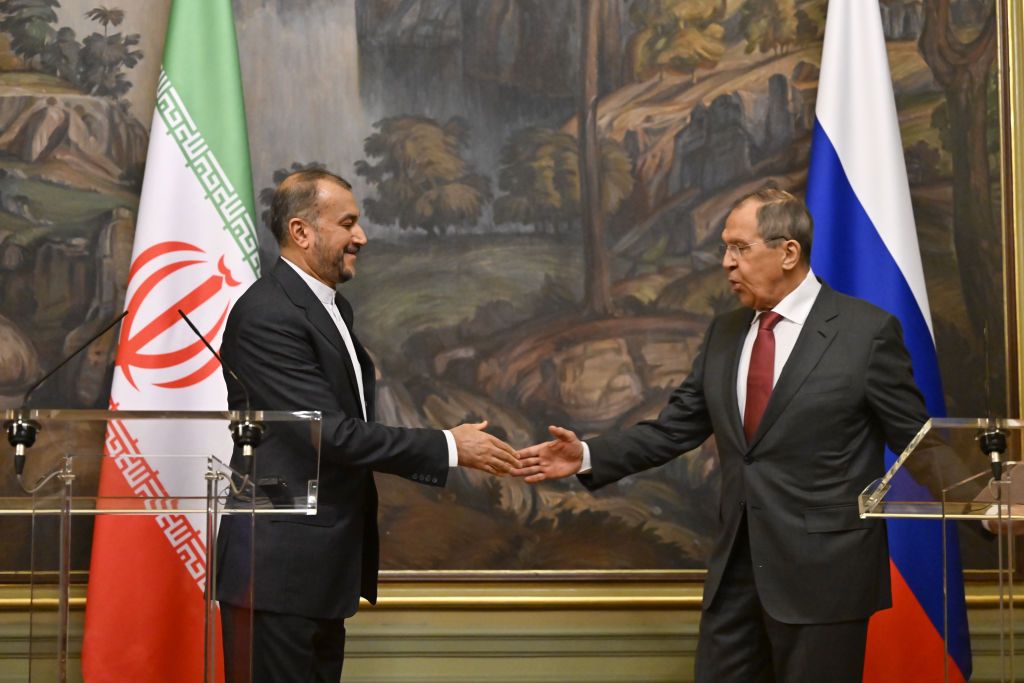
Military: Ukrainian strike hits Russian command post in Crimea
Ukrainian forces struck a Russian military command post near Sevastopol in Russian-occupied Crimea at around 3 p.m. Kyiv time on Jan. 4, the Strategic Communications Directorate of Ukraine’s Armed Forces reported.
In recent months, Russian-occupied Crimea has seen an uptick in Ukrainian attacks in an attempt to disrupt Russian logistics and derail its southern defenses.
The Ukrainian military didn’t provide any further details on the targeted facility and the consequences of the strike.
Multiple explosions were heard in Sevastopol and "a very powerful one" occurred in Yevpatoriia in the afternoon of Jan. 4, Suspilne news outlet reported, citing Crimean residents.
Mikhail Razvozhaev, the head of Sevastopol's illegal Russian occupation government, called the attack “the largest in recent times.”
According to Razvozhaev, remains from missiles fell on a house near the seaside, allegedly injuring a man, as well as in other parts of Sevastopol.
The Kyiv Independent couldn’t verify any of these claims.
Before the Ukrainian military’s confirmation, pro-Ukrainian local Telegram channel Crimean Wind wrote, citing locals, that one of the missiles had hit a Russian command post in Sevastopol and another Russian military facility near Yevpatoriia.
Ukraine’s military hasn’t yet commented on the explosions in Yevpatoriia.
Late in the evening of Jan. 4, more explosions were heard in several cities in Crimea as well as in Russia’s Black Sea port city of Novorossiysk Krym. Realii, a project of Radio Free Europe/Radio Liberty, reported.
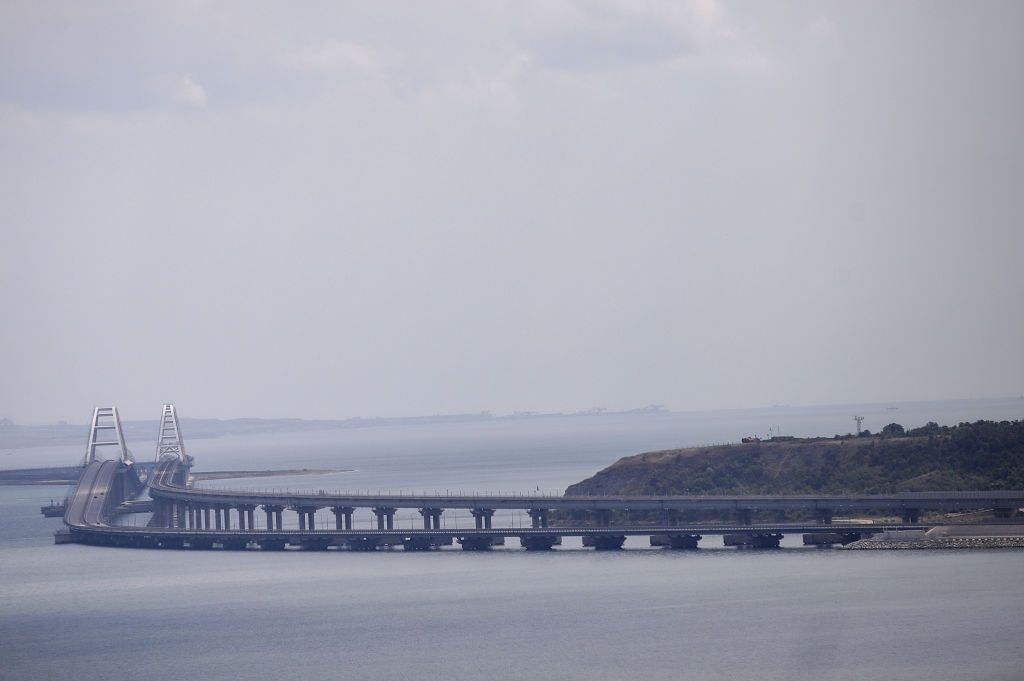
Commander: Russia doubles attacks in southeastern sector
Russia has doubled the amount of attacks against Ukrainian forces in the southeastern sector over the past day, Brigadier General Oleksandr Tarnavskyi said on Jan. 4.
Tarnavskyi is the head of the Tavria group of Ukraine's military that is fighting in some of the hottest spots on the front, including the ongoing battle for Avdiivka.
Over the past day, Tarnavskyi said that Russian forces in the sector had launched almost 900 artillery barrages, 25 airstrikes, and dozens of assaults on Ukrainian positions. As a result of the clashes, Russia suffered heavy losses, including 423 personnel and 72 pieces of military equipment.
Russia intensified its attacks against Avdiivka in early October, reportedly suffering heavy losses in an attempt to encircle the front-line town just kilometers from the occupied city of Donetsk.
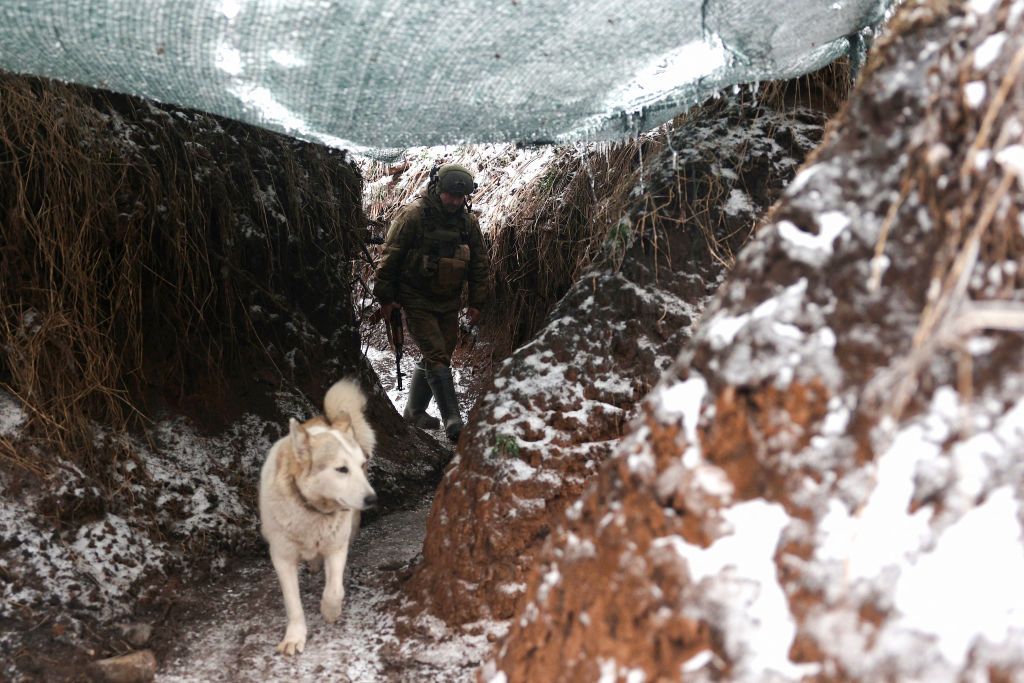
Ukrainian forces have continued to defend the now-destroyed town and largely prevented Russia from securing significant gains.
Avdiivka remains a primary target of Russian attacks in the area, Tarnavskyi said on Dec. 27, but Russian forces likely want to avoid actually entering the city and engaging in the type of brutal street combat that was seen in the battle for Bakhmut.
Russian forces eventually captured the city of Bakhmut in Donetsk Oblast after months of grueling urban combat in May 2023, suffering tens of thousands of casualties in the process. Fighting around Bakhmut has nonetheless continued.
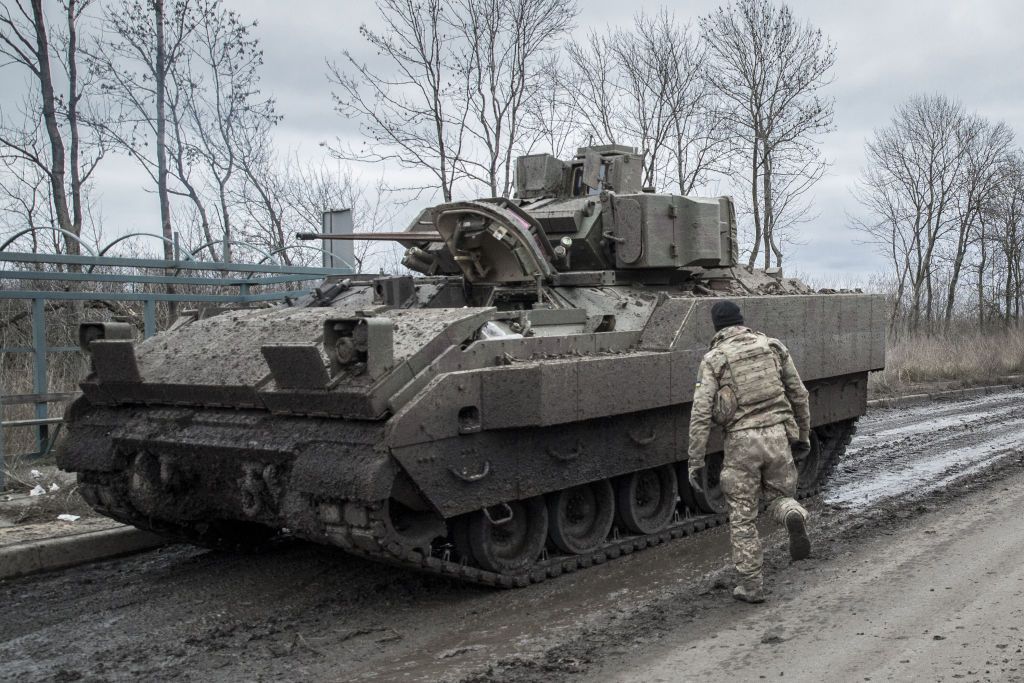
National Resistance Center: Russian occupation authorities to force Ukrainian teenagers into military registration
Russian occupation authorities in southern Ukraine plan to force all local teenagers aged 17 to register at Russian-controlled military enlistment offices starting from March this year, the National Resistance Center reported on Jan. 4.
The move is part of Russia’s preparations for a mass mobilization campaign in the occupied territories of Ukraine, according to the center run by the Ukrainian military. The Kyiv Independent could not immediately verify this information.
Russia has reportedly conscripted tens of thousands of Ukrainian citizens in the occupied parts of Ukraine to fight against their own country since the start of the full-scale invasion on Feb. 24, 2022.
Many of them are believed to have been killed in action, as Moscow reportedly uses these people as cannon fodder to expose Ukrainian artillery positions and to cover units recruited inside Russia.
“The enemy benefits from the death of Ukrainians, regardless of which side they are fighting on,” the center wrote.
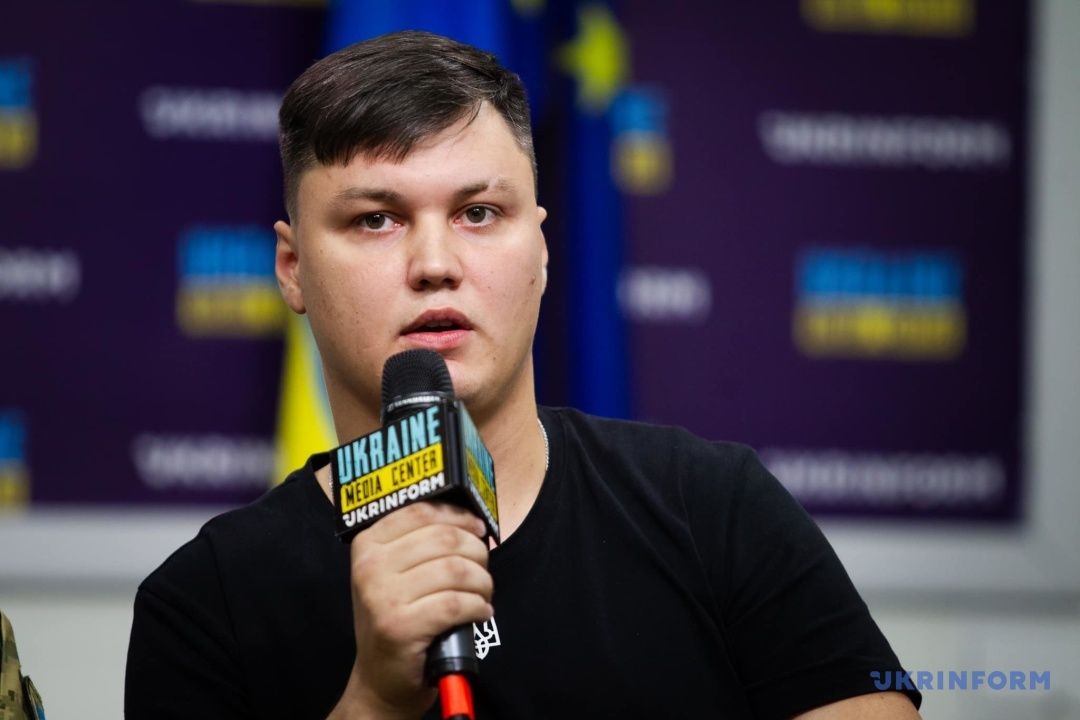
The center called on residents of the Russian-occupied territories “to ignore the initiatives of the occupiers, and thereby not only make life difficult for the traitors (collaborators in the occupied territories) but also preserve your own lives.”
The center reported on Sept. 24 that Russian-installed occupation officials were forming a system of military registration of conscripts among the residents of the occupied territories of Ukraine.
Russian dictator Vladimir Putin announced mobilization for his full-scale war against Ukraine in September 2022, and as Moscow claims, a total of 318,000 conscripts were mobilized. However, Russian independent online media outlet Mediazona estimated the figure to be around 527,000.
The mobilization campaign proved to be highly unpopular among the Russian population, which appears to be why Putin may be postponing the second wave of mobilization until after Russia’s next presidential election in March, experts told the Kyiv Independent.
